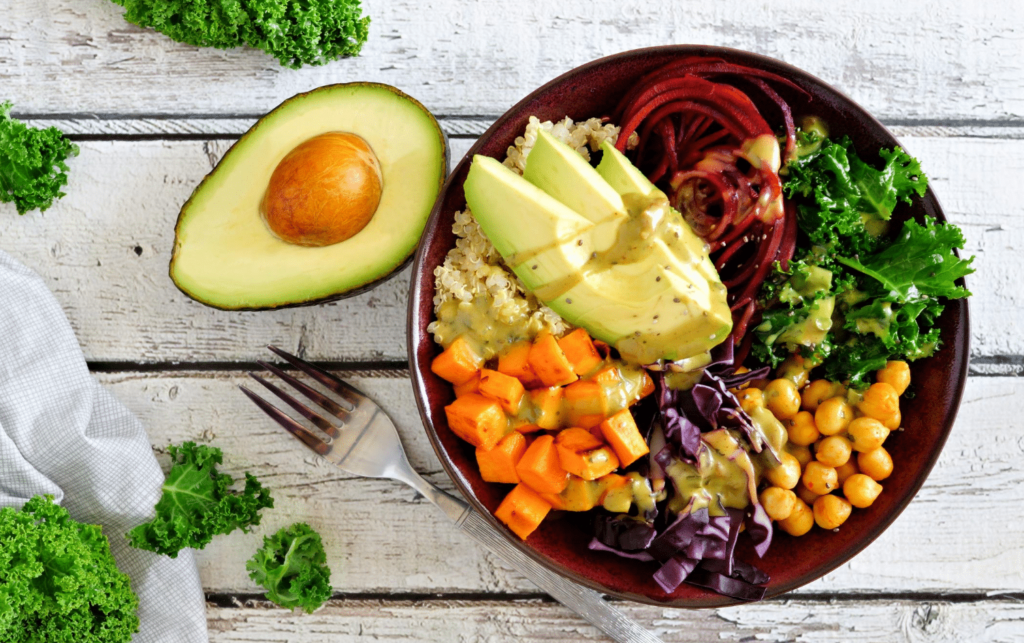Turmeric, a vibrant yellow-orange spice derived from the root of the Curcuma longa plant, has been a staple in traditional medicine for centuries. Beyond its culinary uses, turmeric has garnered attention for its impressive health benefits, particularly in reducing inflammation, supporting digestion, and promoting fat loss. In this article, we will explore these powerful benefits and how turmeric can significantly improve your overall health and well-being.
Understanding Turmeric and Its Active Ingredient: Curcumin
Turmeric’s medicinal benefits are primarily attributed to curcumin, a bioactive compound that gives turmeric its distinctive color. Curcumin has powerful antioxidant and anti-inflammatory properties that contribute to its potential health benefits. However, curcumin makes up only about 3% of turmeric by weight, which is why many turmeric supplements focus on curcumin extract to provide a more potent dose.
Curcumin and Its Anti-inflammatory Properties
One of the most celebrated benefits of turmeric is its ability to reduce inflammation. Inflammation is a natural response of the body’s immune system to injury or infection, but chronic inflammation is linked to a wide range of health conditions, including arthritis, heart disease, and even cancer. Curcumin plays a key role in inhibiting the activity of pro-inflammatory cytokines and enzymes, such as COX-2 and LOX, which are responsible for triggering inflammation. As a result, curcumin helps to lower inflammation levels and reduce pain and discomfort.
Scientific studies have shown that curcumin is as effective as some anti-inflammatory drugs without the associated side effects. This makes turmeric an excellent natural alternative for individuals looking to manage chronic inflammatory conditions like arthritis, inflammatory bowel disease, and even conditions like asthma.
The Digestive Benefits of Turmeric
Another significant health benefit of turmeric is its ability to support digestive health. Turmeric has been traditionally used to aid digestion and relieve symptoms such as bloating, indigestion, and constipation. Curcumin stimulates bile production in the liver, which is crucial for the digestion of fats. It also promotes the proper functioning of the gastrointestinal tract by enhancing the movement of food through the digestive system.
Relieving Indigestion and Bloating
Curcumin helps reduce symptoms of indigestion by increasing gastric emptying time, which speeds up the digestion process and prevents the accumulation of food in the stomach. Moreover, turmeric is also known to alleviate gas and bloating by helping the body break down foods more efficiently. Research shows that the anti-inflammatory properties of curcumin can also protect the digestive tract from damage caused by inflammation, which could help prevent conditions like ulcerative colitis.
Supporting Gut Health
Recent studies have also highlighted turmeric’s role in improving gut health. Chronic digestive issues, such as leaky gut syndrome or IBS (Irritable Bowel Syndrome), may benefit from turmeric’s protective effects. Curcumin has the ability to balance the gut microbiome, promoting the growth of beneficial bacteria and preventing the overgrowth of harmful microbes. This makes turmeric an excellent addition to your diet for maintaining a healthy digestive system.
Turmeric for Fat Loss: A Powerful Metabolic Booster
Turmeric’s impact on fat loss is gaining increasing recognition in the health and wellness world. While turmeric alone is not a magical weight-loss solution, it can certainly support fat-burning efforts when combined with a healthy diet and regular exercise. The main mechanism through which turmeric enhances fat loss is through its ability to boost metabolism and improve fat breakdown.
Boosting Metabolism with Curcumin
Curcumin stimulates the production of brown adipose tissue (BAT), a type of fat that burns calories to generate heat. This process helps increase overall energy expenditure and promote fat burning. Additionally, curcumin can regulate insulin sensitivity, which can help the body maintain a healthy balance of blood sugar and prevent excess fat storage. Some studies have found that curcumin can even inhibit the growth of fat cells by reducing the formation of new fat tissue.
Suppressing Fat Accumulation and Reducing Visceral Fat
Research suggests that turmeric may be particularly effective in reducing visceral fat, the fat that surrounds internal organs and is associated with an increased risk of chronic diseases such as heart disease and diabetes. Curcumin’s anti-inflammatory properties help reduce the factors that contribute to fat accumulation, while its antioxidant effects protect the body from oxidative stress.
How to Incorporate Turmeric Into Your Diet
To reap the full benefits of turmeric, it’s important to consume it in a way that enhances its absorption by the body. Curcumin is not easily absorbed in the bloodstream, but certain methods can improve its bioavailability.
Pairing Turmeric with Black Pepper
One of the most effective ways to increase curcumin absorption is by pairing turmeric with black pepper. Black pepper contains piperine, a compound that can enhance the absorption of curcumin by up to 2000%. Simply adding a pinch of black pepper to your turmeric-based dishes can significantly boost the effectiveness of turmeric.
Turmeric Supplements
While incorporating turmeric into your meals is a great way to enjoy its benefits, some people opt for turmeric supplements to ensure they are getting a potent dose of curcumin. Turmeric supplements often come in the form of capsules, tablets, or powders, with many products combining curcumin with black pepper extract for improved absorption.
Turmeric Tea or Golden Milk
Another popular way to consume turmeric is in the form of turmeric tea or golden milk. This warm, soothing beverage is made by mixing turmeric with milk (or a dairy-free alternative) and spices such as cinnamon and ginger. The fats in milk also help improve the absorption of curcumin.
Potential Side Effects and Precautions
While turmeric is generally safe for most people, excessive intake can lead to mild side effects such as stomach upset or nausea. It is also important to consult with a healthcare professional before taking turmeric supplements, especially if you are pregnant, breastfeeding, or taking medications for conditions such as diabetes, blood pressure, or blood clotting.
In rare cases, high doses of curcumin can interact with medications, so it’s important to be mindful of potential interactions.
Conclusion
Turmeric, with its active ingredient curcumin, is a remarkable natural remedy that offers a wide range of health benefits, from reducing inflammation to supporting digestion and promoting fat loss. By incorporating turmeric into your diet, either through culinary dishes, teas, or supplements, you can enhance your well-being and take a proactive approach to managing inflammation and supporting digestion.
With its impressive ability to support overall health, turmeric is undoubtedly a superfood worth adding to your daily routine. Whether you are looking to reduce inflammation, boost metabolism, or improve gut health, turmeric is a versatile and potent option that can contribute to a healthier lifestyle.


